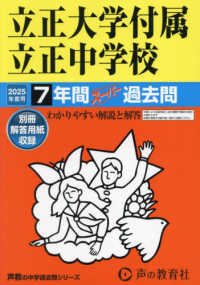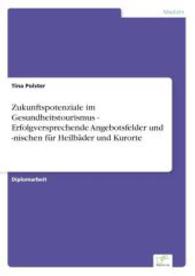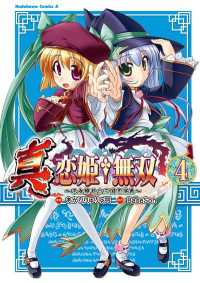- ホーム
- > 洋書
- > 英文書
- > Literary Criticism
基本説明
Provides comprehensive and integrative approach to the mutually-sustaining practices of literary and scientific work in the 16th and 17th centuries.
Full Description
The reassessment of the 'two cultures' of art and science has been one of the most urgent areas of research in literary and historical studies over the last fifteen years. The early modern period is an ideal site for such an investigation precisely because of the pre-disciplinary nature of its science. The central focus of The Machine in the Text falls upon the wide-ranging practices of what will come to be called 'science' prior to its separation into a realm of its own, one of the legacies of the renaissance and its encounter with modernity. This book offers a new critical examination of the complex and mutually-sustaining relationship between literature and science - and, more broadly, art and nature - in the early modern period.
Redefining literature and art as knowledge-producing practices and, at the same time, recasting the practices of emergent science as imaginative and creative and literary, Howard Marchitello argues for a more complex understanding of early modern culture in which the scientific can be said to produce the literary and the literary can be said to produce the scientific. Drawing upon recent work in the field of science studies and focusing on selected works of major writers of the period - including Bacon, Donne, Galileo, and Shakespeare, among others - he recovers a range of early modern discursive and cultural practices for a new account of the linked histories of science and literature.
Contents
1. Introduction: Science Studies and Early Modern Literature and Culture ; 2. Gray's Inn Revels, 1594-95 ; 3. Hamlet's Machine ; 4. Galileo's Telescope ; 5. John Donne's New Science Writing ; 6. Nature's Art ; 7. Time's Arrow ; 8. Conclusion: Being Archaic








